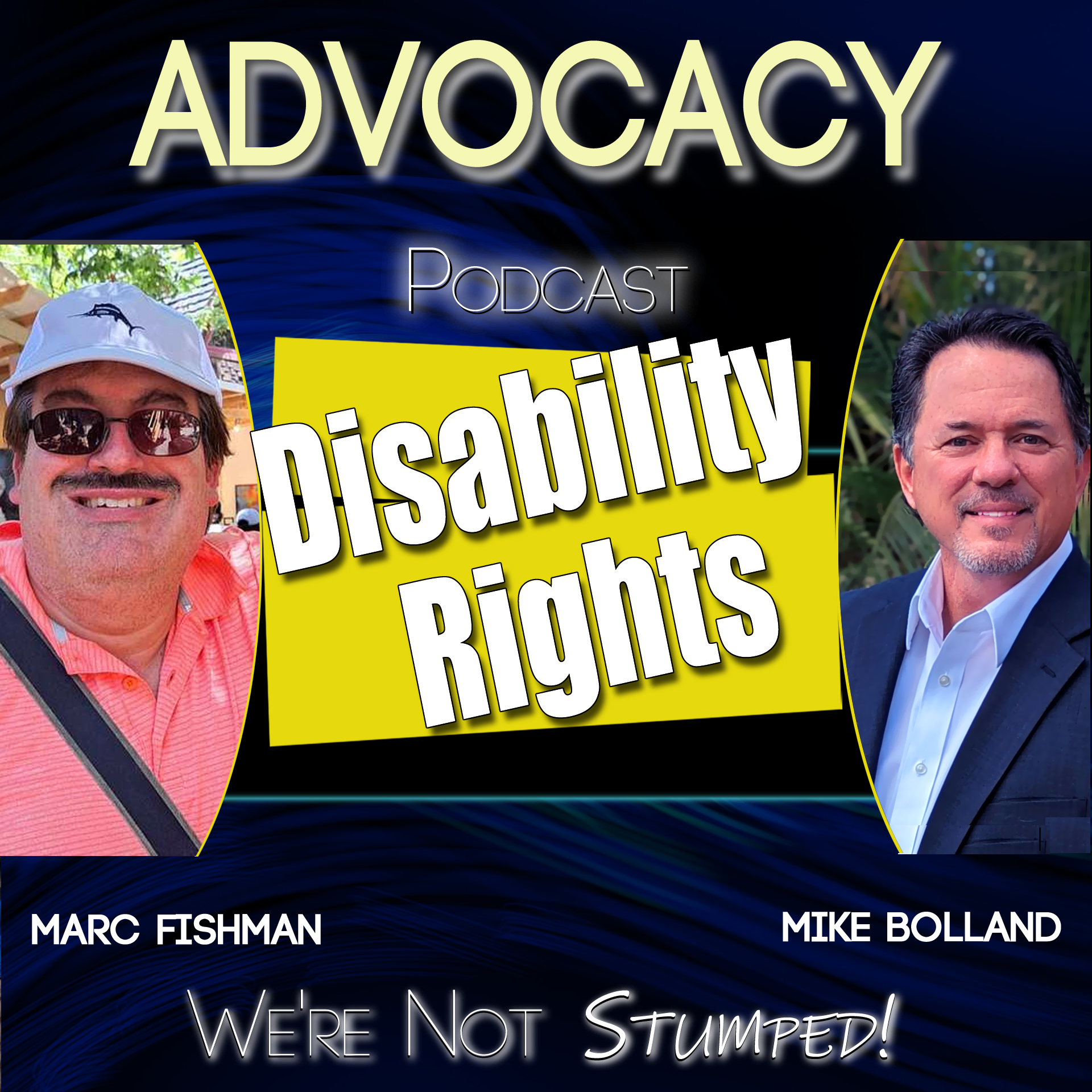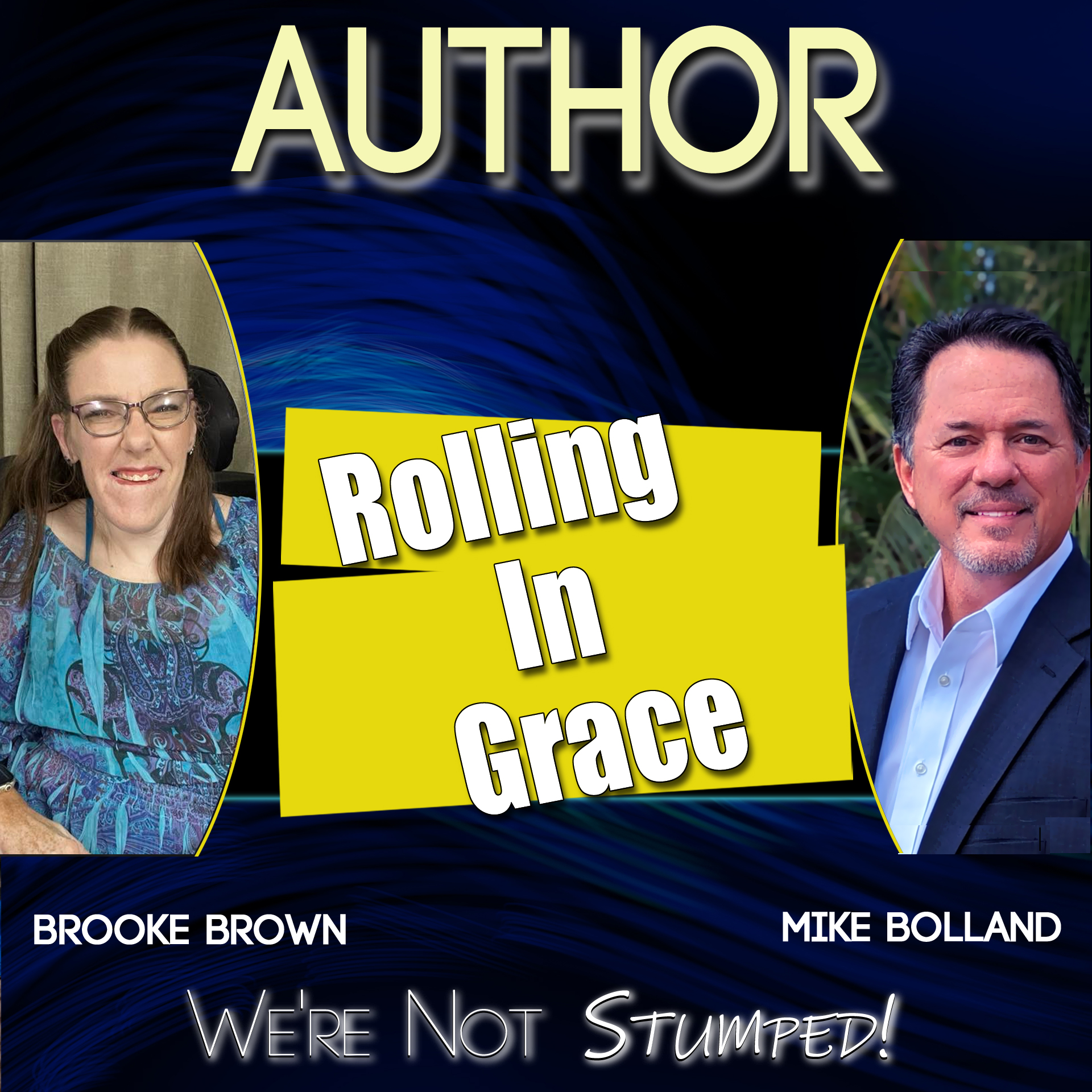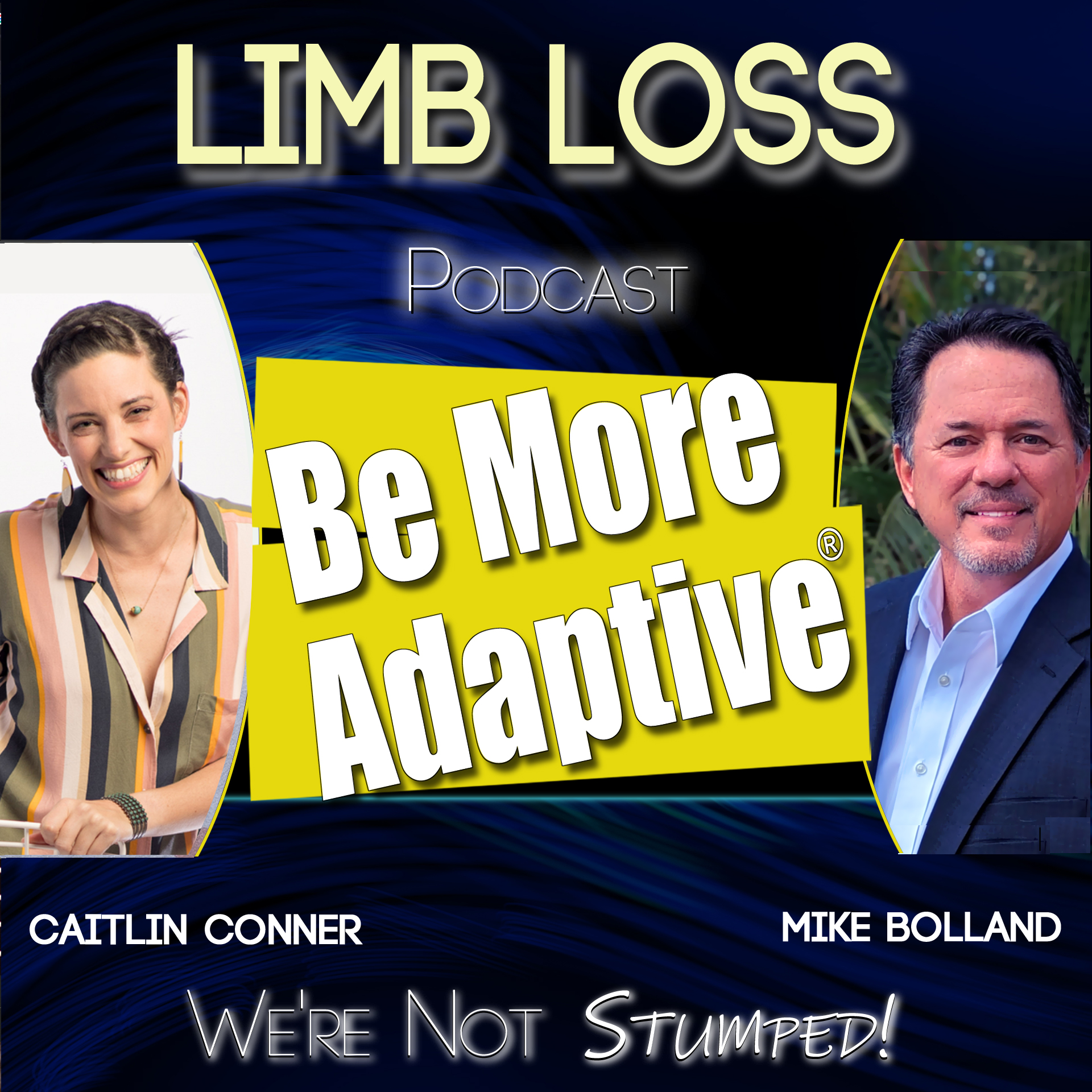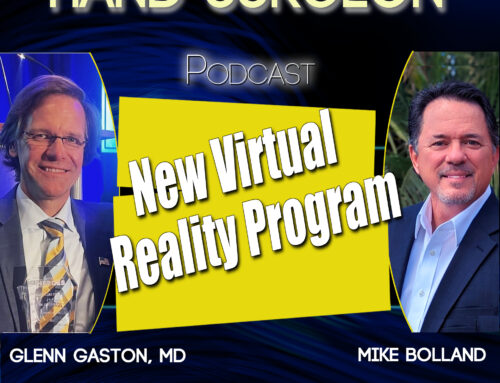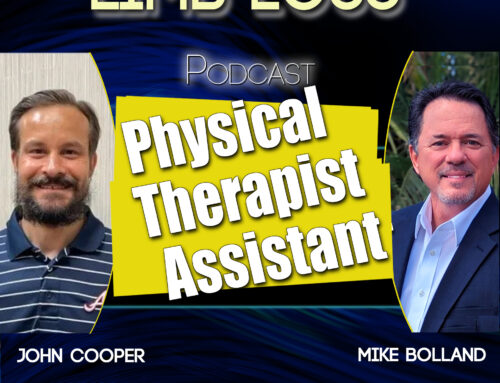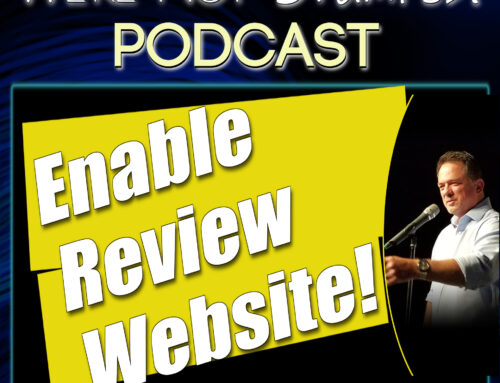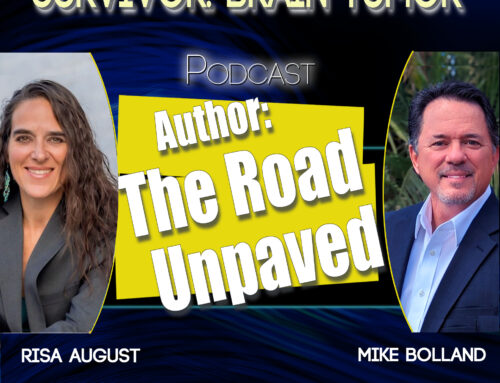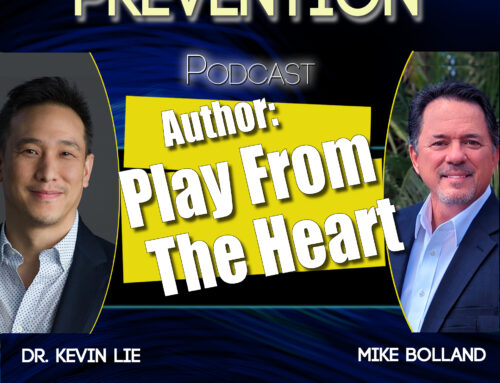In this episode of We’re Not Stumped, host Mike Bolland welcomes Dr. Christopher Duncan, Chief Medical Officer at Biologic Input Output Systems (BIOS), for a groundbreaking discussion on the future of neurotechnology and prosthetics.
Christopher shares his journey from physician in physical medicine and rehabilitation to leader in neural interface technology, with a passion for restoring function and independence for individuals with limb loss. Together, Mike and Christopher dive into:
- The intersection of advanced materials, neurophysiology, and machine learning in prosthetic development
- Why current prosthetic options are like “Civil War technology” compared to what’s possible today
- BIOS’s three-pillar approach to advancing prosthetic innovation
- Patient success stories, including a veteran and a surgeon regaining life-changing abilities with robotic prosthetics
- The role of registries in supporting early adopters and ensuring equitable access across regions
- Privacy and legal concerns around brain-computer interfaces and nerve technology
- The importance of partnerships among research labs, hospitals, and government agencies
- Future applications in lower extremities, diabetes, vascular disease, and even paralysis cases
This episode highlights not just the technology, but the human impact of returning people to full employment, independence, and life satisfaction.
Bios Website: https://www.biologicinputoutputsystems.com/
Mike Bolland Motivational Speaker Website
Listen on Apple Podcasts
Watch on YouTube
Listen on Spotify
Civil rights advocate Marc Fishman joins host Mike Bolland to shed light on a critical but overlooked issue: the routine denial of disability accommodations in America’s family courts. After a devastating car accident left him with long-term disabilities and communication challenges, Marc entered a 49-month legal battle—not just for his parental rights, but for his basic ADA protections. He details how New York courts repeatedly refused accommodations like real-time transcription, the federal ADA victories he secured, and how Tennessee v. Lane shaped his fight for access. Marc also reveals the retaliation he faced from judges and public officials and discusses his successful advocacy during COVID helping disabled tenants obtain rent grants. With recent legislative wins offering hope, Marc emphasizes the urgent need for accountability and reform to protect disabled parents nationwide.
Today, I’m honored to sit down once again with Brooke Brown — an “ink weaver of life, faith, and fiction,” an honors graduate of ASU’s Walter Cronkite School of Journalism, Ms. Wheelchair Arizona 2022, and founder of Brooke’s Butterfly Touch, a ministry that helps individuals discover the power and purpose of their own stories. Brooke is also the author of Rolling in Grace: Volume 1 — A Foundation of Faith and Imagination, now available in audio format. Having read it myself, I can promise you: it’s full of relatable, uplifting, and beautifully practical stories. Living with cerebral palsy and using an augmentative communication app, Brooke demonstrates that every voice — every single one — can inspire hope, healing, and opportunity. This is her second appearance on the show, so after watching, don’t forget to visit WereNotStumped.com to catch her first episode.
In this inspiring episode of We’re Not Stumped, host Mike Bolland sits down with Caitlin Conner, founder of Be More Adaptive, to explore how she’s building a global hub for disability resources designed to empower people with disabilities to live fulfilling, confident, and sustainable lives. Caitlin shares her powerful journey — from surviving a life-changing motorcycle accident while pregnant to becoming a Paralympic-level athlete, model, and outspoken disability advocate. She talks candidly about adapting to life as an amputee, the importance of self-advocacy, and how adaptive sports helped her rebuild her identity, purpose, and strength.

